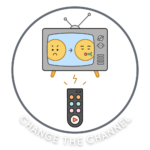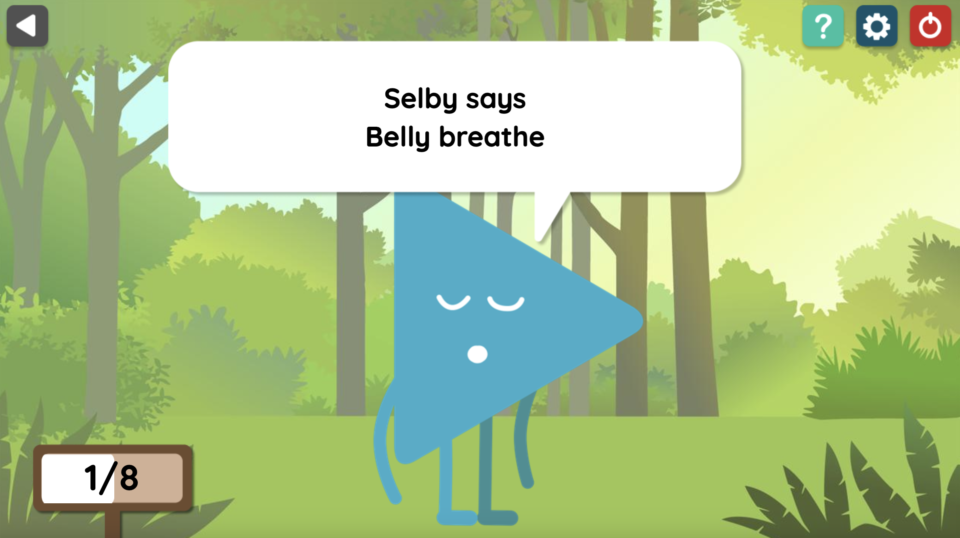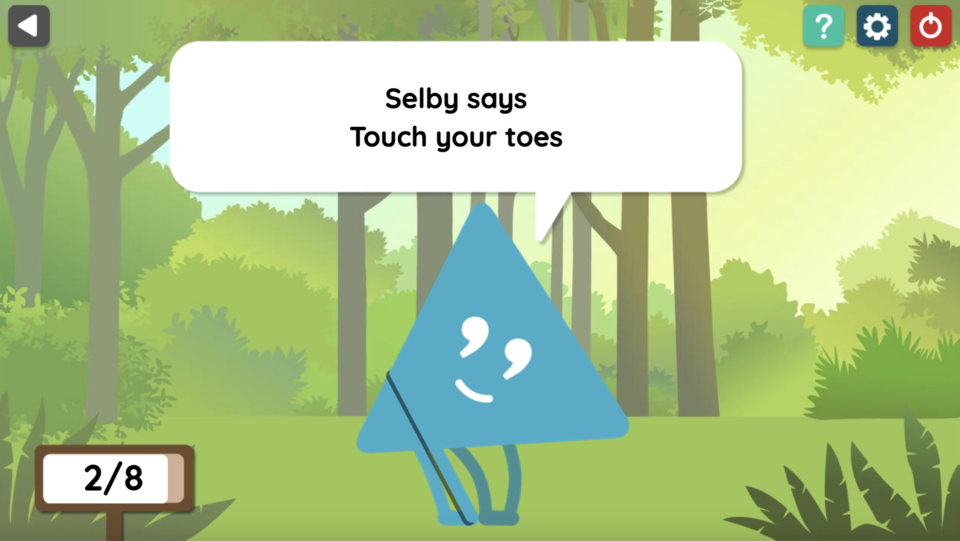
Emotional recognition and regulation are crucial skills for preschoolers to develop as they navigate their early years. Understanding and managing big feelings can significantly enhance their social interactions, learning experiences, and overall well-being. One engaging way to teach these skills is through the Selby Says game from Everyday Speech. This Simon Says inspired listening game for preschoolers helps students practice listening and emotional regulation strategies like belly breaths and stretching. In this blog post, we’ll explore how preschool teachers can use Selby Says to foster emotional growth in their students.
Why Emotional Recognition and Regulation Matter
Emotional recognition and regulation are essential for young children because they:
- Enhance Social Skills: Help children understand and respond to others’ emotions.
- Improve Learning: Reduce distractions caused by unmanaged emotions.
- Promote Well-being: Teach children healthy ways to handle stress and big feelings.
- Build Resilience: Equip children with strategies to cope with challenges and setbacks.
Introducing Selby Says
Selby Says is a digital game designed to teach preschoolers emotional recognition and regulation through a fun and interactive Simon Says inspired format. In the game, students must copy what Selby does, such as taking belly breaths, stretching, and other calming activities. Along the way, they learn helpful strategies for managing their emotions.

Lesson Plan: Teaching Emotional Recognition with Selby Says
Objective
By the end of the lesson, students will be able to recognize different emotions and use strategies to regulate their feelings effectively.
Materials Needed
- Access to Selby Says game from Everyday Speech
- Everyday Speech SocialMojis
- A computer or tablet
- Space for movement
- Reflection journals (optional)
Duration
30-45 minutes
Activity Steps
1. Introduction to Emotions (10 minutes)
Begin by discussing different emotions with the students. Show them Everyday Speech’s SocialMojis depicting various feelings like happy, sad, angry, and scared. Ask the children to describe what each emotion looks like and when they might feel that way.
2. Introducing Selby Says (5 minutes)
Introduce the Selby Says game to the class. Explain that they will play a game similar to Simon Says, where they need to copy what Selby does. Emphasize that Selby will show them ways to feel better when they have big feelings.
3. Playing Selby Says (15 minutes)
Start the Selby Says game on the computer or tablet. Encourage the students to follow along with Selby’s actions, such as belly breaths, stretching, and other calming activities. Ensure that there is enough space for all the children to move around safely.

4. Discussion and Reflection (10 minutes)
After playing the game, gather the students for a discussion. Ask questions like:
- What did you learn from Selby?
- How did you feel when you did the belly breaths or stretches?
- Can you think of a time when you might use these strategies?
Optional: Have students draw a picture or write in their reflection journals about what they learned and how they can use these strategies in the future.
Unlock ALL of our preschool materials by signing up for your free trial today – no credit card required!
Access the full Social Communication Curriculum HERE!
Instant access to thousands of no-prep social skills activities, over 1000+ video lessons, and engaging games designed to enhance learning and development.
Conclusion
Teaching emotional recognition and regulation to preschoolers is a vital part of their early development. By using this Simon Says inspired listening game for preschoolers from Everyday Speech, teachers can create an engaging and interactive learning experience that helps children understand and manage their emotions. By following the provided lesson plan and incorporating the no-prep activity ideas, educators can support their students in building these essential skills. For more resources and tips on teaching social-emotional learning, stay tuned to our blog.
Sample Video
Students learn best from watching real students their own age model skills. Try out this sample video lesson. We offer our entire Social-Emotional Learning platform free for 14 days here!
Related Blog Posts:
Everyday Speech Pre-K Materials Are Here!
Fun and Engaging Social Skills Activities for Preschoolers
Free Preschool Self-Regulation Skills Material

